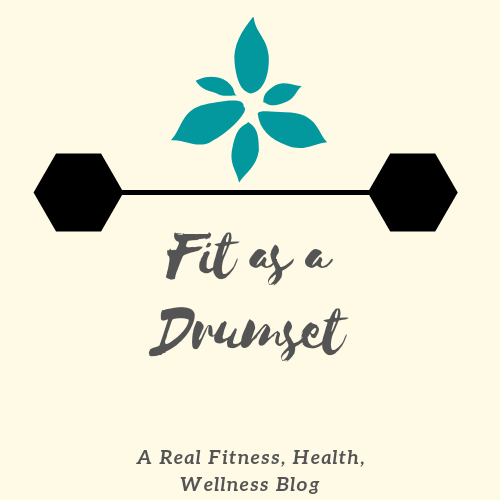9 “Healthy Sugar” Alternatives
What is Sugar?
The Better Health Channel defines it simply, “Sugar is a form of carbohydrate that the body converts to glucose.”
Our bodies then absorb the said glucose into the bloodstream and the blood carries the glucose to our cells to use as energy. It is, in fact, the bodies preferred energy source, so it seems logical that a “healthy sugar” would be the best energy source.
When glucose levels in the bloodstream become too high or dip too low, a stress response is triggered. This is why trying maintain a balanced blood sugar is vital to your overall health.
Let’s look a bit closer at some different types of sugar, what may be a considered a “healthy sugar”, and whether or not a healthy sugar even exists.
Carbohydrates
As I said above, sugar is a carbohydrate that is, along with protein and fat, one of the three major nutrients for the body. When carbohydrates are eaten, the body breaks them down into glucose, which it consequently uses as fuel.
What kind of carbohydrates are there?
Simple Carbohydrates
The body quickly digests and absorbs these types of carbohydrates (aka, carbs) and they will give your body a quick burst of energy which is often followed by an energy crash.
Some examples of simple carbs are:
- Lactose – a milk sugar found in milk, cream, cheese, and other dairy products
- Fructose – found in foods such as honey and fruit
- Maltose – produced mainly in the breakdown of starches such as some pastas and white breads
Complex Carbohydrates
These types of carbohydrates take longer for the body to break down. Because your body is able to utilize these carbs more efficiently by producing a slower and more even burn; therefore the blood sugar doesn’t drastically spike. Complex carbs are certainly considered a healthy sugar by most.
Some examples of complex carbs are:
- Whole grains such as quinoa, brown rice, 100% whole wheat bread, beans, and vegetables
Processed Sugar
This just may be the most commonly recognized sugar. It’s more commonly known as white sugar, table sugar, or sucrose.
Processed sugar is missing vital nutrients like fiber, vitamins, and minerals from the sugar cane plant. Therefore when this processed type of sugar is consumed, the body is forced to use its own vitamin and mineral reserves to help the break down from sugar to glucose.
Healthy Sugar: Is All Sugar Created Equal?
This is a lot of information, and this information begs the question: Is all sugar created equal?
I’ve compiled a list of 9 different types of sugar and sugar alternatives, and a quick break down of information for each. Hopefully, this list will provide enough insight for you to answer this question for yourself.
Stevia
Stevia is a viable alternative to sugar, so long as you keep in mind how much sweeter it is than regular table sugar. A little bit goes a long way with stevia powder or stevia drops, so be mindful of how much you use in one sitting.
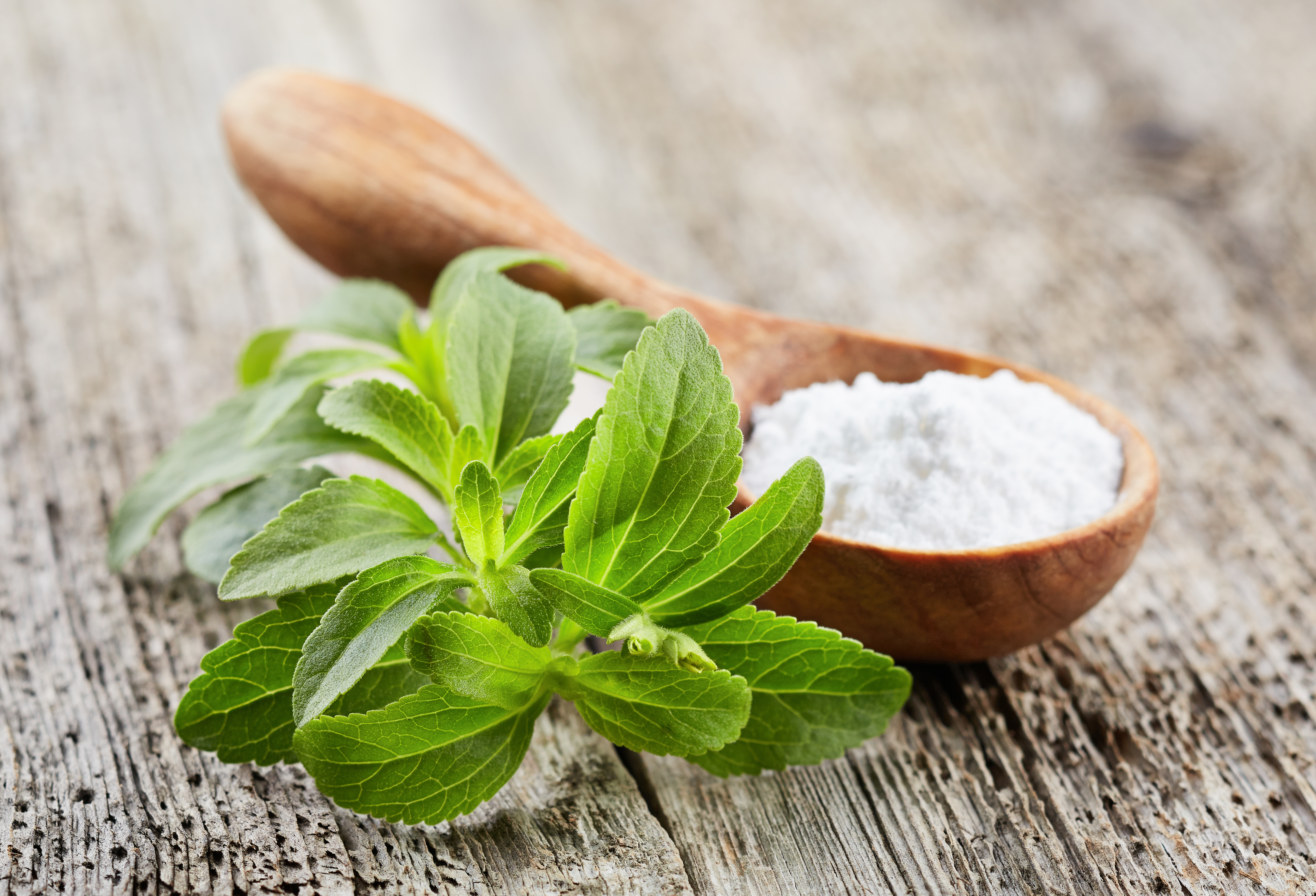
-
Save
How sweet is it?
About 300 times sweeter than table sugar
What to look for
Check the label to verify it’s from 100% whole leaf stevia. Look for RebA
Pros
Non-caloric; no impact on blood sugar; and may reduce blood pressure
Cons
Unusual aftertaste; some brands are highly processed and combined with other sugars
Xylitol
Xylitol is a fairly popular “healthy sugar” alternative and it boasts several benefits, one being the positive impact it can have on your dental health. However, in my experience, just a small amount of xylitol can really disrupt your digestive balance and leave you feeling very uncomfortable.
If xylitol is your number one choice for a sugar alternative, you most certainly want to proceed slowly and with caution. As it doesn’t affect everyone the same and you, on the other hand, may not have the same experience as I did.
How sweet is it?
About the same sweetness as table sugar
What to look for
Look for xylitol from a non-GMO plant source
Pros
Low-caloric; an insignificant impact on blood sugar; some studies show it reduces plaque build up and harmful bacteria in mouth.
Cons
Potential digestive issues for some; is highly processed; can be toxic to house pets such as dogs.
Erythritol
Erythritol is yet another sweetener with multiple benefits. But again, in my experience, erythritol has a noticeable impact on the digestive system. I was also quite put off by the subtle cooling “sensation” or taste I experienced with this sweetener.
How sweet is it?
About 70% as sweet as table sugar
What to look for
100% Erythritol
Pros
Almost non-caloric; doesn’t spike blood sugar or insulin; easily digested; some say it tastes similar to table sugar
Cons
Potential digestive issues
Coconut Palm Sugar
Coconut sugar is one of my favorites. While it does have a bit more fructose than some other alternatives, I enjoy the taste of coconut sugar and it seems to agree with me. It is, however, sugar so I limit my consumption of it, but if I’m going to indulge, this is one of my favorite ways to do it.
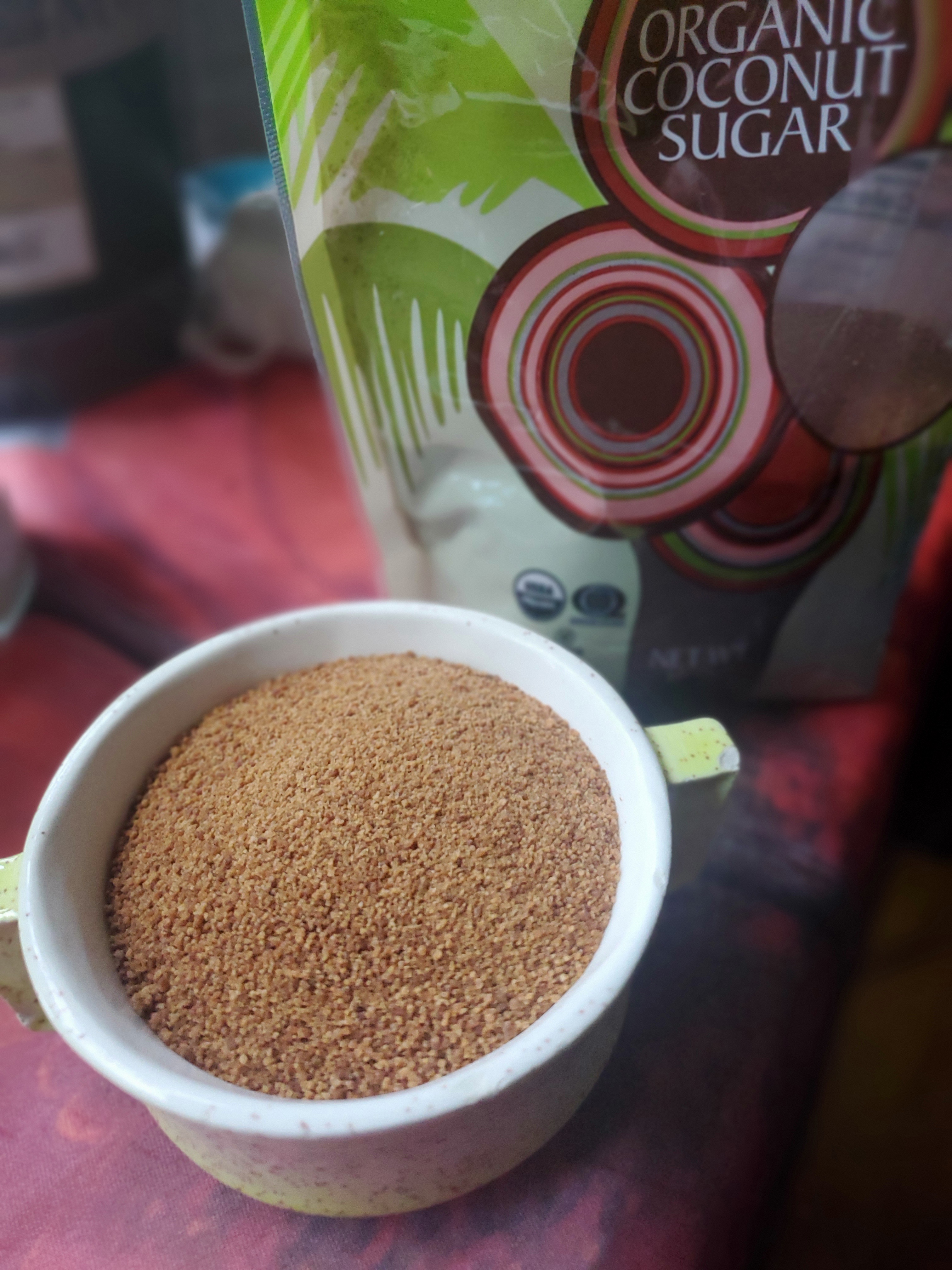
-
Save
How sweet is it?
About the same as table sugar.
What to look for
Check the label for coconut crystals, coconut palm sugar, or coconut sugar
Pros
Low-glycemic index; contains some nutrients and fiber
Cons
Has a moderate amount of fructose, and therefore the consumption of this should be limited.
Agave
With a texture similar to that of honey, agave syrup is a favorite for many people looking for healthier sugar alternatives. It is derived from the agave cactus, a native plant to Mexico, and while it’s called “cactus” the agave is actually a succulent plant.
The taste is sweet like that of honey, but slightly sweeter. It could be a good choice for sweetening coffee, tea, or using atop pancakes.

-
Save
How sweet is it?
1.5 times sweeter than table sugar
What to look for
Organic agave, pure agave
Pros
Lower glycemic index than regular table sugar
Cons
Contains a high percentage of fructose, and too much fructose isn’t good for your body
Honey
Honey, along with coconut sugar, is one of my favorite sweeteners. Not only are there multiple benefits, particularly in raw honey, but the taste is also very enticing. Furthermore, because it’s sweeter than table sugar, I need quite a bit less to satisfy my sweet tooth.
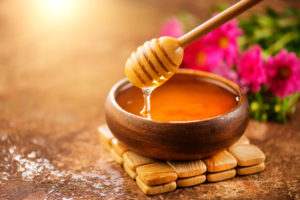
-
Save
How sweet is it?
Just slightly sweeter than table sugar
What to look for
Raw and organic, buy from local sources, if possible
Pros
Can boost immunity; raw honey contains trace minerals; local honey can help to alleviate seasonal allergies
Cons
It’s still a form of sugar, so just don’t overdo it
Lucuma Powder
Lucuma powder is most definitely a tasty “healthy sugar” alternative, and with many benefits to boot. It’s also known fondly as “the gold of the Incas” and is a mainstay in its native Peru.
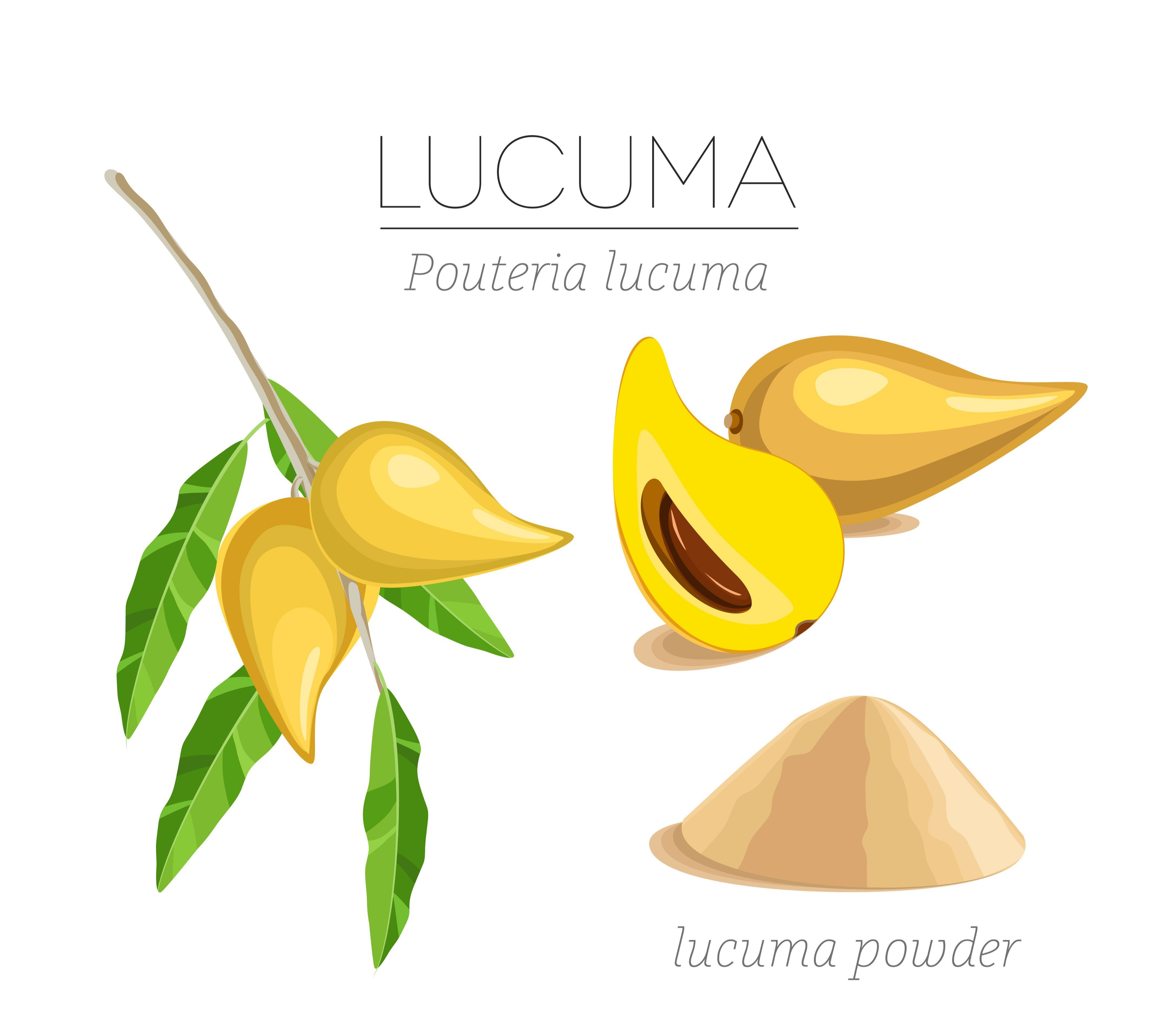
-
Save
How sweet is it?
Slightly less sweet than table sugar, with a mild maple flavor
What to look for?
100% Lucuma powder
Pros
Good source of fiber and nutrients; can boost immunity; doesn’t impact blood sugar levels
Cons
Doesn’t dissolve in beverages
Maple syrup
Oh yes, good ‘ol maple syrup. While most of us know of this common household staple, many of us likely don’t see it as a viable, healthier alternative to regular table sugar.
Maple syrup is a great alternative, however it’s important to keep in mind that there are many maple syrup imposters out there. To gain any of the health benefits of maple syrup, pure maple syrup must be used and any syrups with added ingredients must be overlooked.
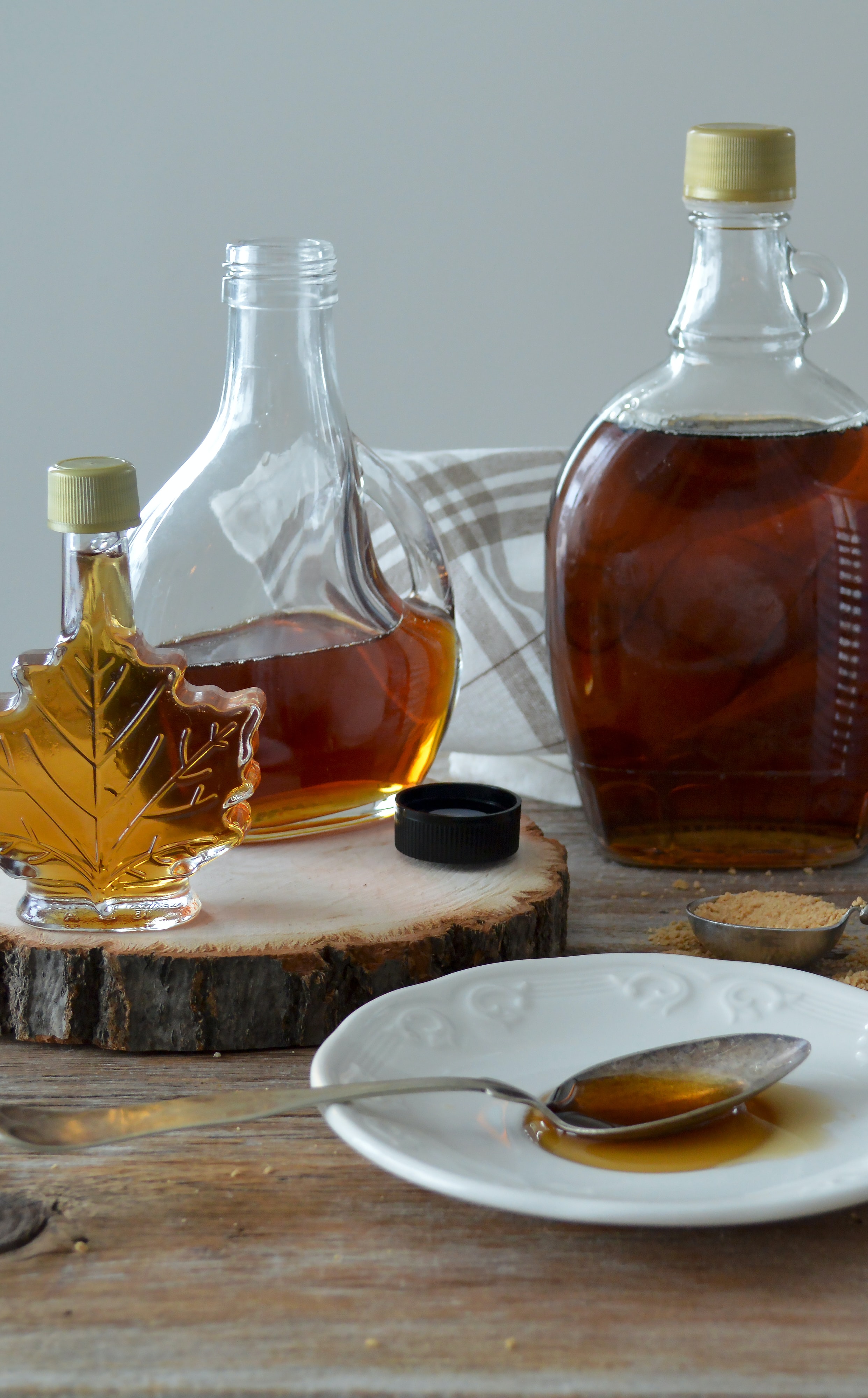
-
Save
How sweet is it?
About 3 times sweeter than table sugar
What to look for
Pure maple syrup; and if possible, buy organic
Pros
Lower fructose content than table sugar; contains some trace minerals
Cons
As with honey, it’s still sugar so just don’t overdo it
Monk Fruit (Luo Han Guo)
Monk fruit, in and of itself, is a great sweetener. I was surprised to find that it was a bit difficult to find pure monk fruit powder, for it is so often combined with other sweeteners like erythritol.
How sweet is it?
About 200-300 times sweeter than table sugar
What to look for
Pure monk fruit or pure Luo Han Guo sweetener
Pros
Non-caloric; no impact on blood sugar; may have anti-inflammatory benefits
Cons
Look out for processed brands that also contain other sweeteners; some people dislike the aftertaste
In conclusion
So, is there actually a “healthy sugar”? The answer is: sort of. There are sweeteners out there that offer healthful benefits including nutrients and fiber, which are absolutely healthy for you. But too much of anything, even healthier sugar alternatives, can have serious adverse effects.
The key takeaway from this article is that yes, there are healthier options when it comes to consuming sugar, but the best practice is still to consume it in moderation. After all, sugar is still sugar.
If you’ve ever read any of my other posts, you know how important I think it is to try to find balance in life. And finding balance in your sugar consumption is no different, in my opinion. If you’re going to eat sugar, explore and find delicious and healthier ways to do so, and enjoy eating it-don’t feel guilty!
Above all, balance and listening to your body is key. That is to say, to enjoy the journey is necessary!
Tell me, what are your favorite ways to indulge?
Disclaimer:
I’m not a doctor, and I’m especially not your doctor and I’m therefore not telling you how to eat. I’m simply sharing information that I’ve gathered by doing my own research and from my own experiences. If you have any type of dietary restrictions or conditions, such as a gluten intolerance or diabetes, please consult with your doctor before taking on any new dietary practices.
Theme by The WP Club . Proudly powered by WordPress

